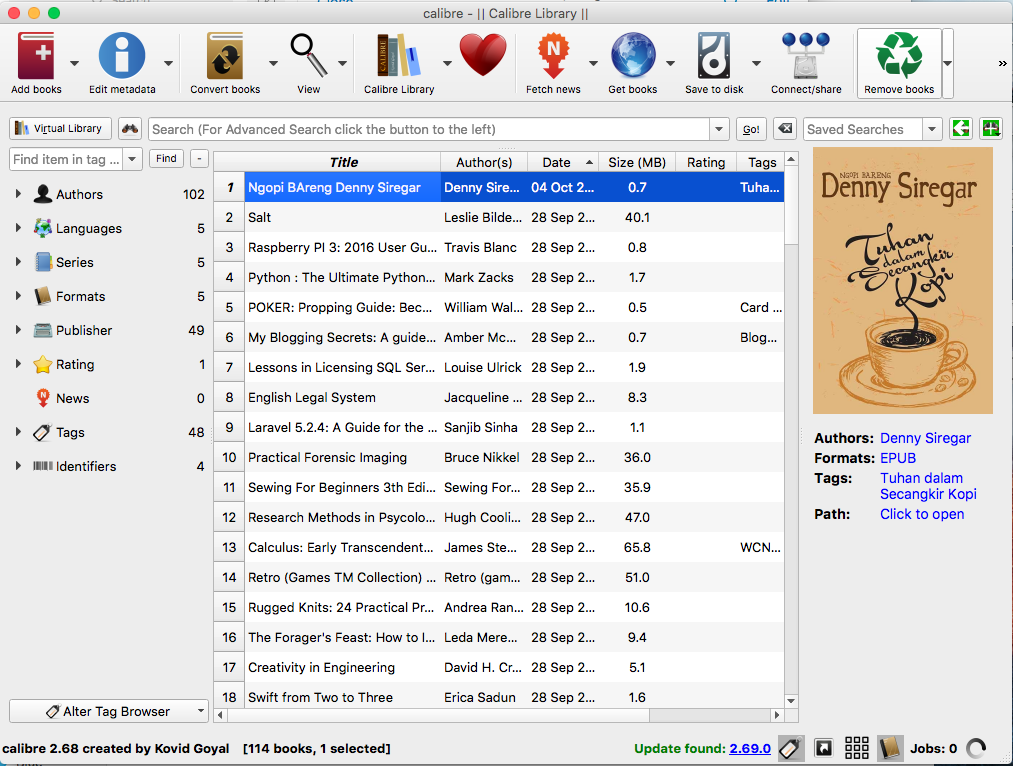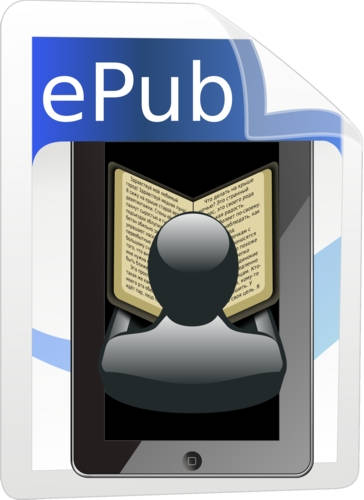
series - the title of the Book as a whole. title - the Title of this chapter of the book.  When M3U or M3U8 files are added to Calibre, the tags in the individual MP3 files are read and used to fill in as many metadata fields as possible. When AA or AAX files are added to Calibre, the tags are read and used to fill in as many metadata fields as possible. When M4B or M4A files are added to Calibre, the MPEG-4 tags are read and used to fill in as many metadata fields as possible. When MP3 files are added to Calibre, the ID3 tags are read and used to fill in as many metadata fields as possible. The Google Code item pyaudibletags is used to parse these files. These are extracted and used to populate the metadata for the book as it is added to Calibre. YMMV ) A slightly massaged version of mp4file-0.2 is used to parse these.ĪA and AAX () files have some metadata internally.
When M3U or M3U8 files are added to Calibre, the tags in the individual MP3 files are read and used to fill in as many metadata fields as possible. When AA or AAX files are added to Calibre, the tags are read and used to fill in as many metadata fields as possible. When M4B or M4A files are added to Calibre, the MPEG-4 tags are read and used to fill in as many metadata fields as possible. When MP3 files are added to Calibre, the ID3 tags are read and used to fill in as many metadata fields as possible. The Google Code item pyaudibletags is used to parse these files. These are extracted and used to populate the metadata for the book as it is added to Calibre. YMMV ) A slightly massaged version of mp4file-0.2 is used to parse these.ĪA and AAX () files have some metadata internally. 
QT all use the exact same file format, and are also parsed. M4A and M4B files have metadata internally in MPEG tags. YMMV ) The MP3 files should be referenced with an absolute URL or path.

RAM all use a sufficiently similar file format, and are also parsed. A slightly massaged version of eyeD3-0.6.17 is used to parse these files. MP3 files have some metadata internally in ID3 tags. The work-around I've chosen is to put all the chapters of the Audio Book into a Series by the book's actual name, ordered by chapter number. Calibre considers each file a separate book in its database. This plugin eases the process of managing your Audio Books in Calibre.Īudio Books, if they are long enough, are typically broken up into separate files by chapter, to ease downloading pain over slow connections.







 0 kommentar(er)
0 kommentar(er)
